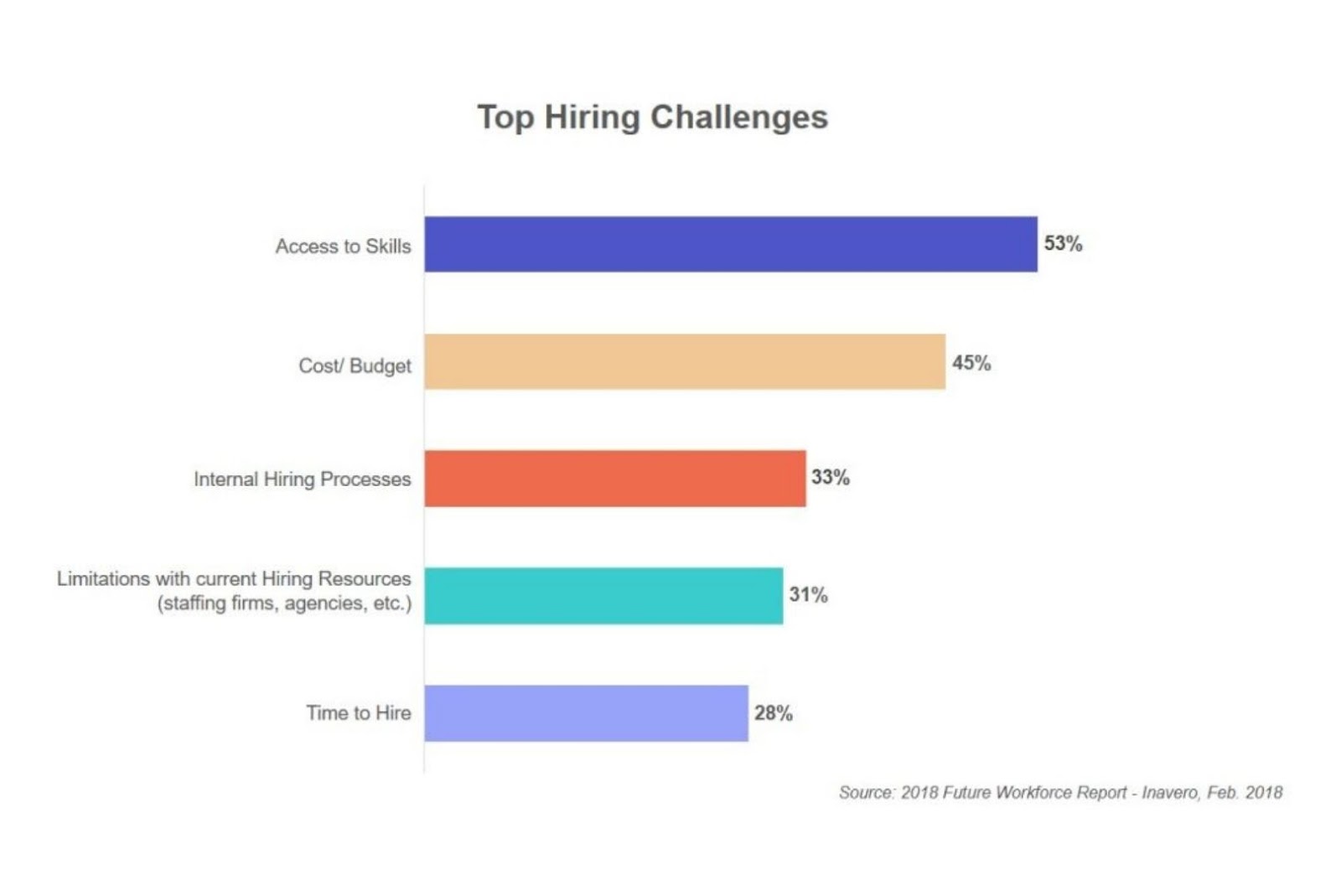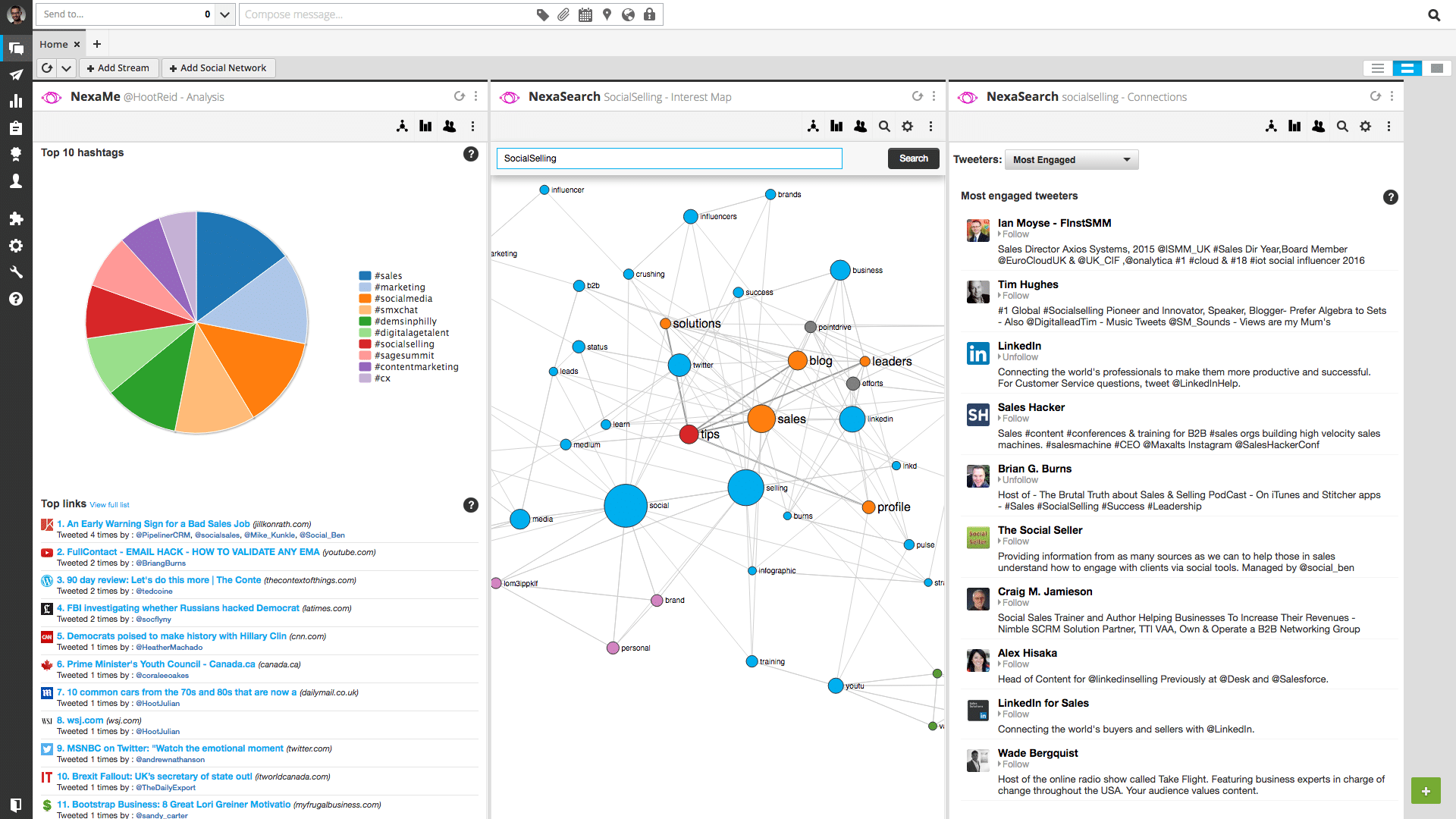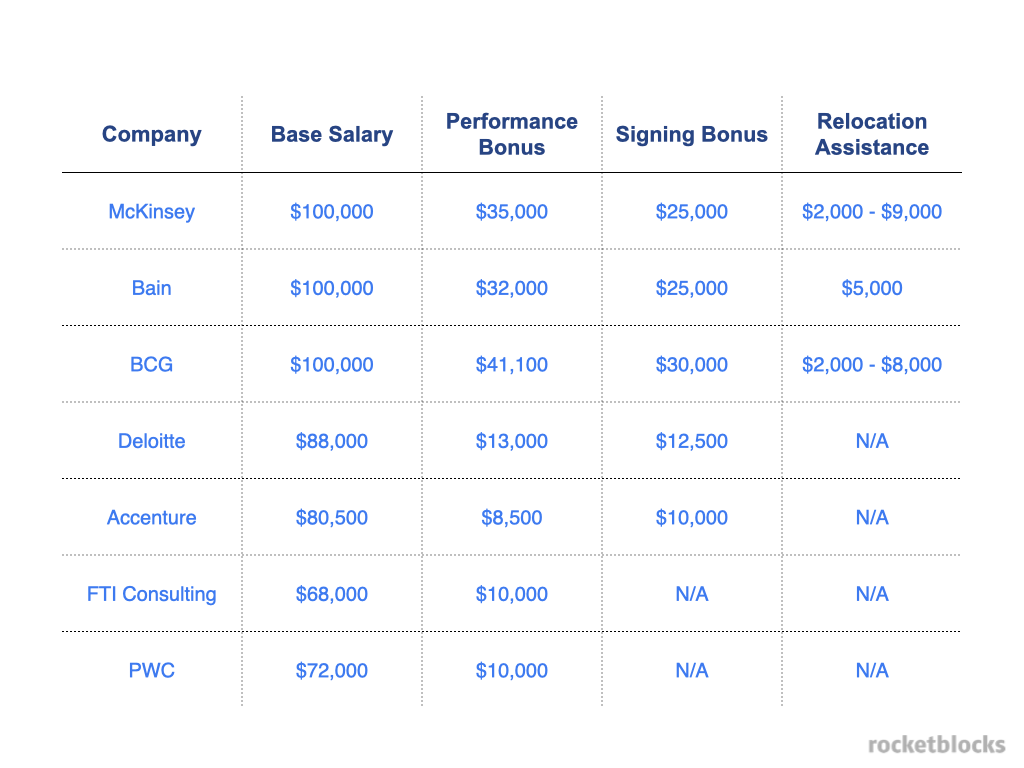
If you love higher education and have the passion to become a consultant, this is an option. What are the benefits to being a consultant What skills do you need to excel in this job? And what does it take to become a successful higher education consultant? These are some tips. Check out the salary range for the job.
Benefits of working closely with a higher education consultant
An institution can greatly benefit from higher education consultants. They can make the process smoother and easier for students to obtain acceptance. But finding a good one can be challenging. Here are some tips on how to choose a great consultant. A great consultant will have the experience and resources to help you.
First, ensure that you choose an educational advisor who is a member or a former member of a professional organization. These consultants are committed to providing high-quality service to students. They will start by taking the time to understand the needs of the student, taking into account academic background and personal values. A consultant should be supportive of student goals.

Higher education consultants can work independently or for private organisations. Private organizations often work with educational consultants to develop educational products.
Required skills
Education consultants should be analytically minded and curious. He should be able plan and problem solve. He must be able to identify creative solutions to problems. He should be able to work with students and teachers. He should have a background in higher education.
Higher education consultants are responsible for advising higher education institutions on issues that affect higher educational. His advice will include topics like student success, diversity and enrollment management, campus planning, strategic planning, and campus planning. The consultant can also assist schools with leadership development. Higher education consultants should be knowledgeable in a range of educational topics and be able communicate effectively.
The education sector continues to evolve and change, creating new challenges for students, parents, and academic institutions. Education institutions are also becoming more competitive because of tighter budgets and lower enrollment rates. There is an increasing demand for qualified educational consultants.

Salary range
The salary range for a higher education consultant varies widely. The average salary for an education consultant ranges from $52,801 to $69,316, and the highest-paid consultants can earn more than $95,000 a year. The location and years of experience will impact the salary.
Education consultants need to have at least a master's degree. Many have gone on to pursue doctoral degrees in the field. The thesis or dissertation work of many can serve as a strong foundation for a consulting career. These papers can be used to present new research or ideas for a doctoral advisory committee. That reputation is important for a consultant in education.
A career as an educational consultant could be for you if you are looking for a challenging but rewarding career. The field is diverse and offers plenty of opportunity for newcomers. You can also open your own consulting company and make a living as an education consultant. You will be able choose your clients and set your own work hours.
FAQ
What is a consultant?
A consultant is someone who provides services for other people. It's more than just a job title. This role allows you to help others achieve their dreams. This is done by helping others understand their options and making the right decisions.
Consultants can help you solve problems or overcome challenges when working on projects. They can provide guidance and advice on how to implement the solutions.
Consultants should be able and willing to answer any questions regarding business, technology or finance, leadership, strategy, customer service, legal, management, leadership, management, law, management, law, procurement, legal, marketing, human resources, etc.
How much should you charge as a consultant?
It all depends on the service you offer. It doesn't matter if you offer services at no cost. However, if you are selling products or services, then you need to set prices based on value.
If you are offering low-quality services, you don't have much to sell. Why would anyone pay anything for you?
If you are providing high-quality services, then you could ask for a higher price because people recognize the value you provide. It is possible to offer discounts to clients who order multiple packages.
What skills are necessary for consulting?
Consultants should be able to communicate effectively and have excellent analytical skills. This is because you could be asked questions or not know what you are doing. You must learn how to manage people and solve problems quickly.
Also, you must have great communication skills. Most clients expect to hear back within 24 hours. They assume that you won't respond if they don't hear from them within 24 hours. It is crucial that you keep them up to date and make sure they know what's happening.
What is the difference?
A consultant is an advisor who gives information on a particular topic. A consultant provides solutions to problems.
Consultants work directly with clients to help them reach their goals. Clients are referred to advisors through books, magazines and lectures.
What industries employ consultants?
There are many different types. Some consultants are focused on a specific type of business, others may specialize in multiple areas.
Some consultants work exclusively for private businesses, while others represent large corporations.
Some consultants are available to help businesses around the world.
What degree do I need to become a consultant?
Studying a subject deeply and then applying your knowledge is the best way for you to become an expert.
So if you want to learn how to become a great consultant, start studying now!
Employers may be reluctant to hire people with a degree, but not the relevant experience. But, if your qualifications are comparable to those who have been hired, you might still be eligible to apply.
But remember, employers will always look for candidates with real-world expertise.
Statistics
- On average, your program increases the sales team's performance by 33%. (consultingsuccess.com)
- According to statistics from the ONS, the UK has around 300,000 consultants, of which around 63,000 professionals work as management consultants. (consultancy.uk)
- According to IBISWorld, revenues in the consulting industry will exceed $261 billion in 2020. (nerdwallet.com)
- My 10 years of experience and 6-step program have helped over 20 clients boost their sales by an average of 33% in 6 months. (consultingsuccess.com)
- Over 50% of consultants get their first consulting client through a referral from their network. (consultingsuccess.com)
External Links
How To
What Does A Typical Day For A Consultant Look Like?
Your work type will determine the length of your day. But generally speaking, you will spend time researching and planning new ideas, meeting clients, and preparing reports.
You'll often have meetings with clients where you can discuss issues and solve problems. These meetings can be held over the telephone, online or face-to face.
Sometimes, you may be asked to create proposals. These are documents that outline your ideas and plans for clients. Before presenting these proposals to clients, you will usually need to discuss them with a colleague or mentor.
After all the preparation, you'll need to start creating content. This could include writing articles, designing websites or editing photos.
Depending on your project's scope, it may be necessary to do research to get relevant statistics. You might need to determine how many customers you have, and whether they buy more than one product.
After gathering enough information, you can present your findings to clients. Your findings may be delivered orally, or written.
You must also follow up with clients following the initial consultation. For example, you could call your clients periodically to check how things are going. Or send them emails asking them to confirm they have received the proposal.
While this can be a slow process, it's essential to remain focused and maintain good working relationships with clients.